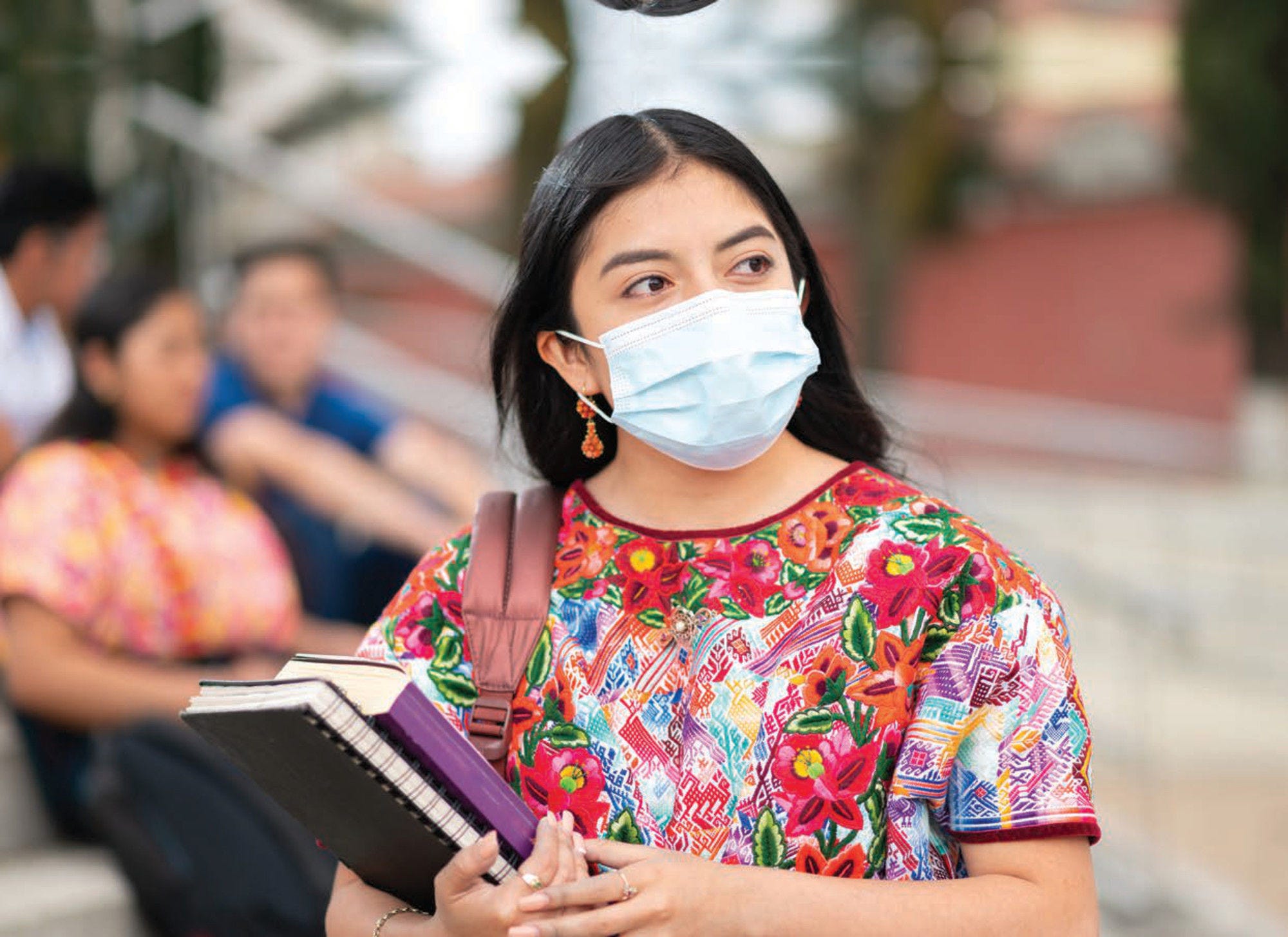Private health expenditure refers to the health spending from non-public agents, and it is often divided between out-of-pocket expenditure (OOP), voluntary payment schemes and external sources. OOP expenditure refers to direct payments for healthcare, while voluntary payment schemes refer to payment of private insurance premiums, which grant coverage for services from private providers. External resources are the funds for health received from different donors or similar sources.
On average in 2019, 32.4% of health spending was paid out-of-pocket in the LAC region, well above the OECD average of 20% (Figure 6.8). The highest presence of OOP is observed in Guatemala (56%), Grenada (54%), and Honduras (52%). These are the only three countries in the region with more than 50% of total health spending coming from OOP. On the other end, Cuba (11%), Colombia (14%), and Uruguay (16%) present the lowest share of OOP spending.
Between 2010 and 2019, the share of OOP as a percentage of total health spending increase the most in Haiti (10 percentage points), Barbados (9 percentage points) and Honduras (6 percentage points) and five more countries also experience increases in a smaller scale (Figure 6.8). On the other hand, 27 countries experienced decreases in the share of OOP. The decrease was greatest in Venezuela (‑20) and Ecuador (‑17). OOP expenditure above 20% of current health expenditure is considered problematic, as it indicates high vulnerability to catastrophic health expenditure in the event of an emergency. The extent to which people in LAC risk falling into poverty due to catastrophic health expenditures is further examined in the next section, “Financial Protection”.
Figure 6.9 shows that in 2019, health expenditure by voluntary payment schemes represented – on average – 11% of current expenditure on health in LAC, above the OECD average of 6.0%. This share increased in most countries from 2010‑19, particularly in Venezuela where it increased by 12 percentage points. On the other hand, in Uruguay, Guyana and Surinam it decreased by more than 7 percentage points. Less than 1% of current health expenditure was from voluntary payment schemes in Cuba and only 1.6% in Dominica, while it was the highest in Haiti (45%), Venezuela (36%), Bahamas (31%) and Brazil (31%) the only three countries above 30%. Private health insurance is an important source of secondary coverage in most countries, either supplementing coverage of goods and services not included in the basic benefit package, complementing coverage by covering costs, or duplicating coverage for those patients looking for private care.
The share of health expenditure coming from external sources in 2019 is under 1% in 23 out of 32 countries with available data. This particular source is only important for financing health in Haiti (41%) (Figure 6.10).



